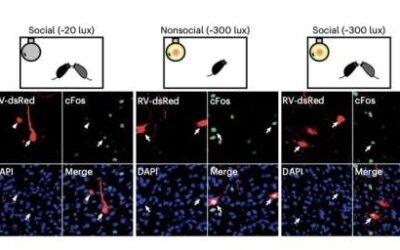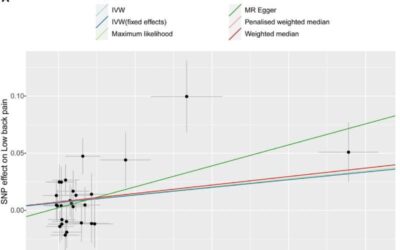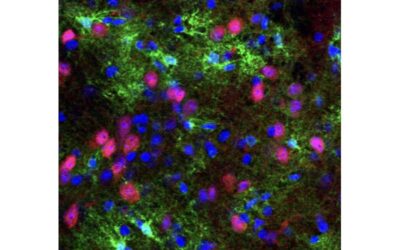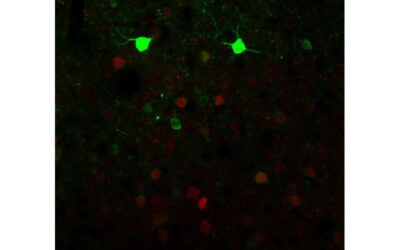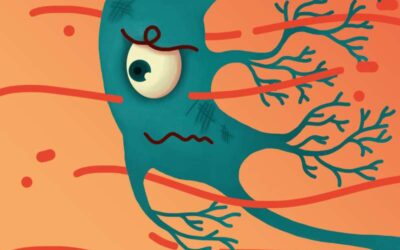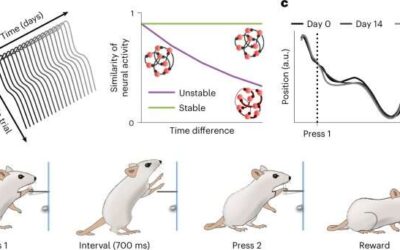Anxiety disorders are widespread mental health conditions that affect approximately one in five people. They are characterized by varying degrees of nervousness, apprehension and fear, typically associated with catastrophic thoughts about imagined or potential threats.
MEDICALXPRESS
Study unveils neural pathway promoting regeneration after traumatic injuries
Studies exploring the neural processes involved in cell regeneration are of crucial importance, as they could pave the way towards the development of more effective treatments for many pathologies associated with the mutations or deterioration of cells. Microglia, the...
Study finds that insomnia could cause lower back pain and vice versa
Throughout the course of their life, most humans are likely to experience some form of lower back pain. This pain is sometimes associated with injuries, chronic back issues, medical conditions, the menstrual cycle or pregnancy, and other underlying physiological...
Study highlights the role of astrocytes in the synaptic regulation of VTA dopamine neurons
Astrocytes, a sub-population of glial cells with a distinctive star-like shape, are known to play a vital role in numerous neuronal functions, including synaptic support, the regulation of energy metabolism, and the control of blood flow in the brain. While many...
Study shows that ketamine switches neuronal activity in the neocortex
Human beings can sometimes experience dissociative states, moments in which they feel disconnected from their body and the world around them. While these states have been linked to many psychiatric conditions, they can also be elicited by the intake of some legal and...
Study hints at the potentially crucial role of shear stress in the activation of pain sensing neurons
Feelings of pain and discomfort are crucial to the survival and evolution of animals, as they help to detect injuries or existential threats and pinpoint their location in the body. Pain signals are produced by nociceptors, sensory neurons that respond to damage to...
Study on rodents shows that the activity of single motor neurons is stable over time
While many studies have investigated the underpinnings of the mammalian motor system (i.e., the collection of neural networks that allow mammals to move in specific ways), some questions remain unanswered. One of these questions relates to the ways in which recurring...
Study explores how emotions elicited by chewing gum affect cortical activity
Some neuroscience studies suggest that distinct human emotional states are associated with greater activity in different regions of the brain. For instance, while some parts of the brain have been associated with all emotional responses, the hypothalamus has often...
Using single-cell mass cytometry to explore the somatosensory system’s development
Humans perceive tactile information, including pressure, pain, itch, temperature, vibration and movements, thanks to an intricate network of neurons situated in the brain and spinal cord. This network, referred to as the somatosensory system, is now known to be...
Using CRISPR-interference and single-cell transcriptomics to systematically examine inflammatory reactive states
Astrocytes or astroglia, the largest glial cell population in the central nervous system (CNS), perform numerous vital functions. Among other things, these glial cells (i.e., cells supporting functions of the nervous system) are involved in regulating the flow of...

